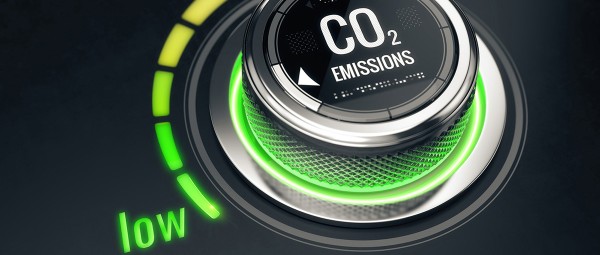Adapting to an electric future
Mark Dolloway, Schaeffler’s Automotive Aftermarket UK Managing Director, takes a look at the challenges the industry is facing as it gradually phases out internal combustion engine-based vehicles with hybrid and all-electric alternatives. But is the buying behaviour of UK consumers supporting this transition?
On February 14, 2023, the European Parliament decided that from 2035 onwards only new passenger car vehicles that emit zero grams of CO2 emissions during operation are allowed to be sold in the EU. The same applies in the UK, apart from the deadline being five years earlier. This means even greater efforts will need to be made to achieve the stated targets in terms of electric vehicles (EVs). The fundamentals will need to be put in place, and quickly, such as national public charging infrastructure and corresponding power grids, plus generation of the required renewable energy.
There are other more direct concerns, such as an expected shortage of copper, used heavily in EVs, as well as the price of Lithium. Experts seem to agree that electric vehicles only have a future as a method of mass transportation if they achieve price parity with internal combustion engine (ICE) cars while offering comparable performance.
Car buying behaviour in the UK

In the UK, the car-buying landscape in 2023 is changing, but slowly. According to a recent survey by YouGov GB: What is the car-buying landscape likely to look like over the next year?some interesting nuances are revealed when UK consumers were asked about the type of vehicle they are likely to consider next. Although petrol engines still occupy the top spot amongst all categories of prospective car buyers, they are much more popular with British people looking to buy certified pre-owned cars (57%) and used cars (54%) than with those who intend to purchase new cars (48%). More than a third of new car buyers are likely to opt for an electric (34%) or full hybrid (32%) model, but this number drops quite a bit when it comes to used car buyers (26%). Full hybrid vehicles are the second most popular choice amongst UK consumers intending to purchase certified pre-owned cars (34%). The survey shows that UK car buyers’ habits are indeed changing towards full hybrid and electric cars, but not necessarily at the pace many have predicted.
The car parc theory suggests that approximately 80% of cars in the UK will still feature ICE-based engines in 2030, meaning an all-electric market is still a long way off. We can all agree that the world is moving in the direction of electric mobility, particularly in Europe where the market is more mature and ICE-based than other countries such as China, which has had a different starting point in terms of the infrastructure in place to support electric vehicles. It’s very difficult to get electric charging points into the conservation areas of city centres, for example, or to row upon row of terraced houses, but this will come in time as confidence increases and consumers decide that electric is the way forward for them. If consumers remain ‘range anxious’ about running out of charge, they will simply stick with ICE-based hybrid cars.
Importance of the aftermarket
The automotive aftermarket is a particularly important sector of the UK economy. According to the Society of Motor Manufacturers and Traders (SMMT) SMMT-Motor-Industry-Facts-Nov-2020.pdf the sector attracts revenues of around £21 billion per year, contributes £12.5 billion per year to the UK economy, supports more than 340,000 jobs, and services more than 30 million vehicles each year.
So how will the sector be affected by the 2030 UK target and what challenges is it facing now and in the future?

According to the SMMT, in the last 12 months alone, the age of the vehicles on UK roads has increased, on average, by an extra year. The supply of new and leased vehicles has slowed down, which is positive for the UK aftermarket. If people are holding onto their vehicles for longer, there is more likely to be a need for repair solutions, which is part of the Schaeffler Automotive Aftermarket offer. In the future, we expect fleets to become more important, and not just commercial type fleets, as the purchase of an electric vehicle by an individual requires a high initial investment. How will individuals fund an electric car purchase in the future? The cheapest all-electric car in the UK is currently just under £30,000, which is quite expensive, so most consumers wouldn’t look to buy outright but will look for a private lease solution. The lease market will then become more attractive to the private buyer. Paying a fixed monthly payment, say, over three years, makes it more affordable for the individual.
Evolution not revolution

There will also be a significant change in electric-powered transmissions, of which Schaeffler is a key supplier. This will start to influence the new car market quickly because of the 2035 EU targets. In the aftermarket there will, of course, be a shift towards the repair of these transmissions, which Schaeffler Automotive Aftermarket is preparing for under its REPXPERT brand. Working closely with mechanics to ensure they’re ready for the change as the technology evolves, and as the transition to electric technology feeds into the used car market. Although at the moment many buyers are unsure as to if (and when) they buy an electric car what the likely maintenance and servicing costs will be, Schaeffler is helping to ensure that when the uncertainty dissolves the aftermarket can support. Overall, we see the effect on the aftermarket for the powertrain switch being minimal by 2030, at least in Europe. It will be an evolution rather than a revolution.
